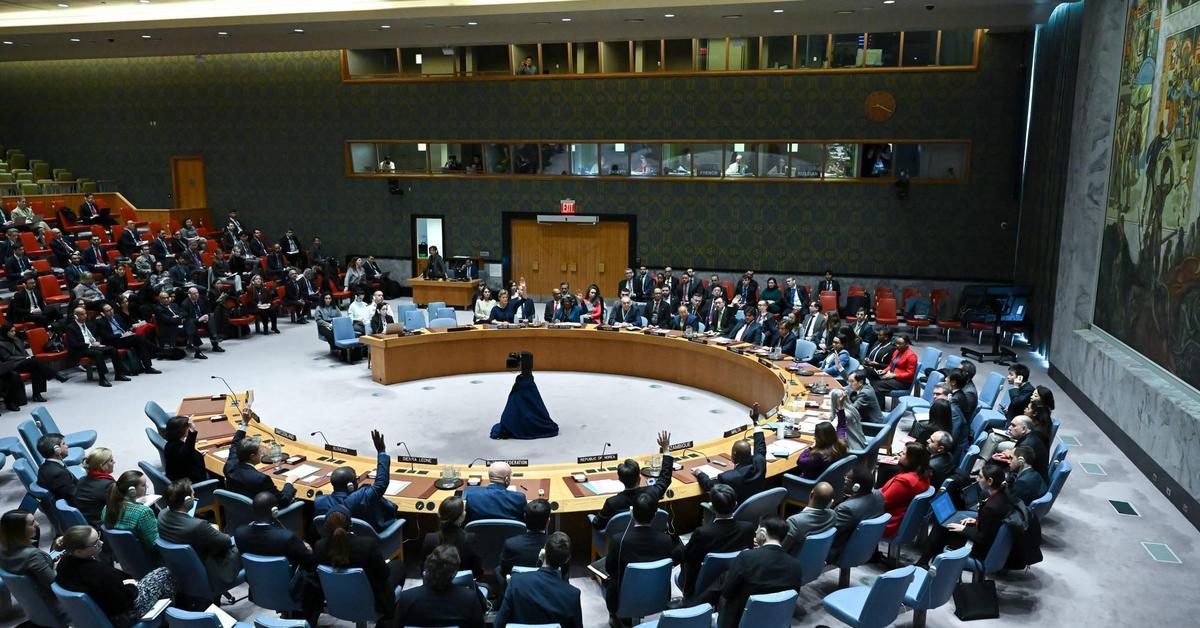UN to mark anniversary of Srebrenica massacre in 1995
The 1995 Srebrenica genocide will be remembered around the world on July 11. The United Nations General Assembly voted in favor of a draft resolution on a “day of reflection and remembrance” in New York on Thursday. The resolution is intended to help commemorate the genocide of over 8,000 Bosnian Muslims.
84. UN members including Austria vote in favour
The resolution “condemns unconditionally the rejection of the Srebrenica genocide as a historical event” and actions that glorify those convicted of “war crimes, crimes against humanity and genocide by international courts”. The day is scheduled to be officially celebrated for the first time in 2025. According to the Foreign Ministry, 84 UN members, including Austria, voted for the text.
The referendum saw 19 votes against — unusually unanimous resolutions on Memorial Day. Apart from Serbia, China and Russia, Hungary also voted against the text. 68 countries did not vote. The Serbian government had previously protested against the resolution’s wording, saying it condemned the Serbian people collectively and created a hierarchy among war victims.
After the vote, Serbian President Aleksandar Vucic posted a photo on the online service Instagram of himself draped in the Serbian national flag with the words “I’m proud of my Serbia.” Before the vote, Bosnian Serb leader Milorad Todic again denied that the massacre at Srebrenica was a genocide.
All of the former Yugoslavia except Serbia are in favor
All the countries that emerged from the former Yugoslavia, except Serbia, voted for the resolution. Some EU countries abstained, including Greece, Cyprus and Slovakia.
Russia’s UN Ambassador Vassily Nebenzia said Moscow had already vetoed a UN Security Council resolution on the “crimes of genocide in Srebrenica” if the authors’ goal was to divide the General Assembly.
In opposition to the plan and at the request of Montenegro, the authors added to the draft resolution that guilt for the Srebrenica genocide “cannot be attributed to an individual and to any ethnic, religious or other group or community as a whole.”
Judgments by the War Crimes Tribunal for the former Yugoslavia (ICTY) and the International Court of Justice (ICJ) have legally established the genocidal nature of the Srebrenica massacre. The purpose of the massacre of thousands of Muslim men and young men and the deportation of women and children was to “Serbianize” the Srebrenica enclave. (APA)

